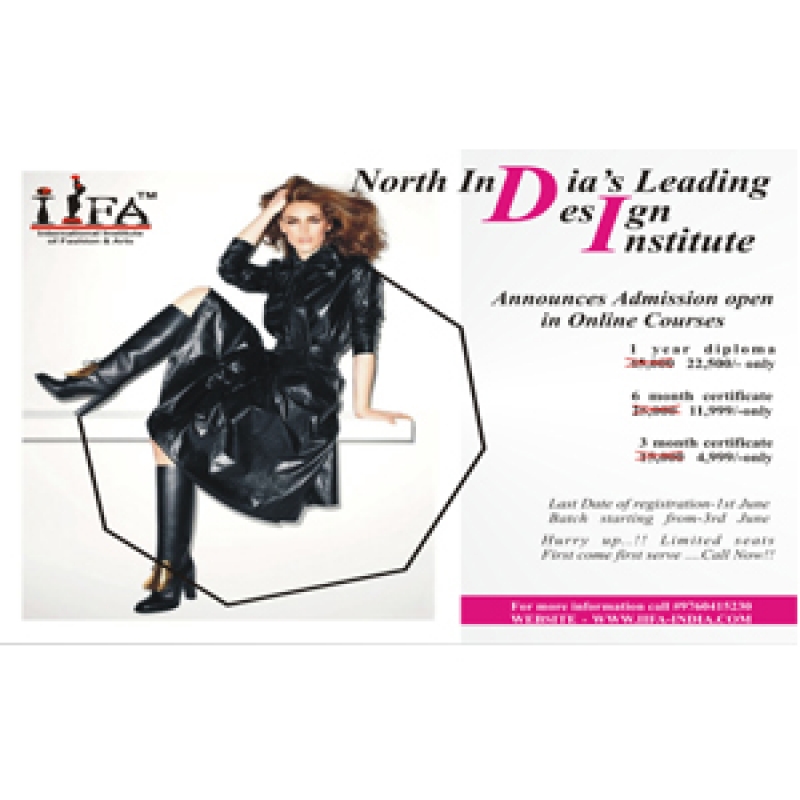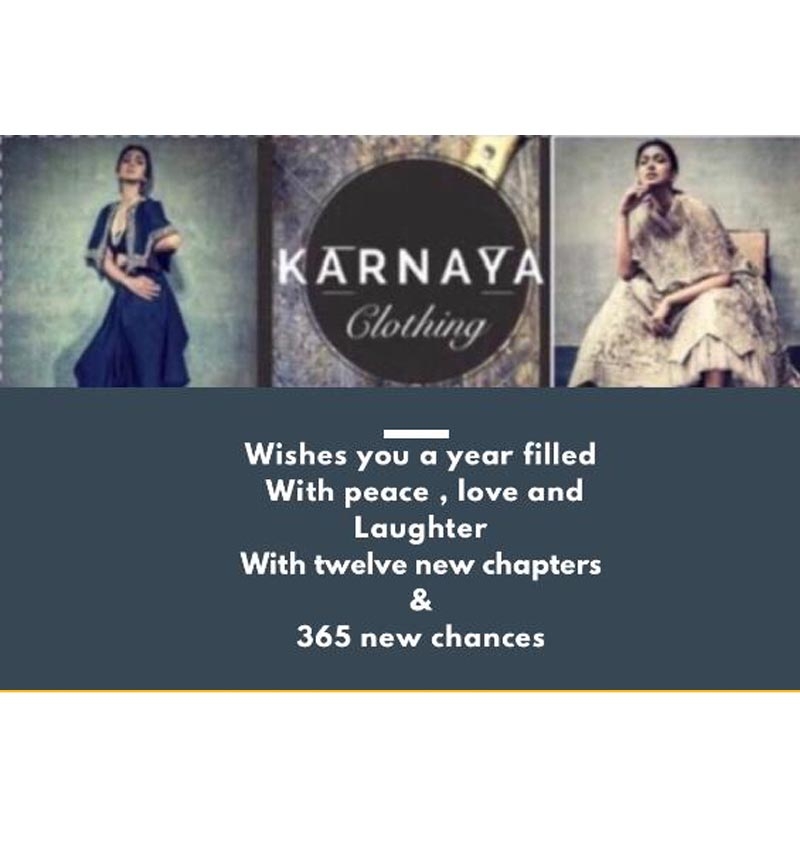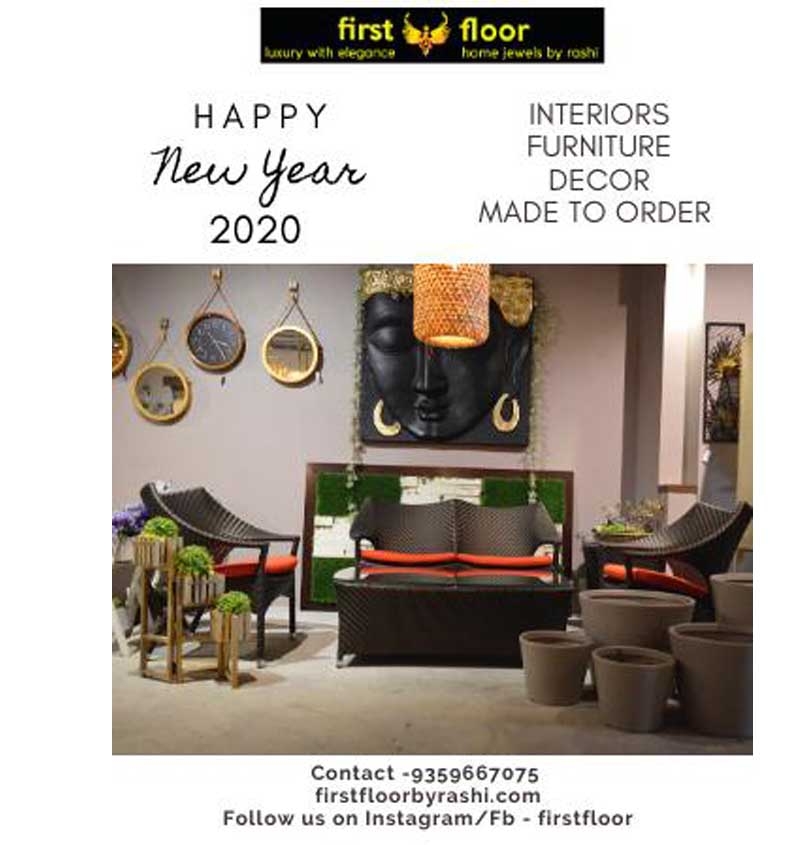FT NEWS
When influencers started appearing in street style photos and getting front row seats at Fashion Week in the early 2010s, the talk was that they would soon replace editors. Come 2020, that hasn’t really happened; there may be some overlap between the two jobs, but they’re still quite different. Generally speaking, people look to magazine editors for certain things—trends, insider access, designer interviews, photo shoots—while they expect influencers to feel more like stylish friends, offering glimpses of their “real” lives, sharing relatable style advice, and—most importantly—explaining precisely why, how, and where you should buy that dress or sweater they’re wearing.
Moving product and driving sales have become an influencer’s most valuable skills. Literally: In 2019, brands spent $8 billion on influencers, a sum of sponsored social media posts, long-term partnerships and collaborations, and the commissions influencers make through affiliate programs like RewardStyle. Amber Venz Box launched the platform back in 2011 when she made an astute observation: Influencers were starting to act a lot like personal shoppers, directing their followers to stores and websites to shop their look. If those recommendations led to a sale, didn’t they deserve a cut of the profit?
All to say, it isn’t editors who should be worried about losing their market share. It’s retailers. Nine years after the launch of RewardStyle, the influencer market has exploded. Everyone wants to be an influencer now, and the surplus of talent can make it difficult to pinpoint the women or men whose sensibilities resonate most. Once you do, though, you may just come to trust their opinion and taste more than a traditional retailer’s—especially when those retailers are increasingly stocking the same brands and the same products, with no discernible point of view. If you know you love TyLynn Nguyen’s style and can shop directly from her feed—be it a COS T-shirt or a Khaite boot—why would you bother flipping through overstuffed racks or 10 pages of “new arrivals” to find something similar? Unless you’re a truly savvy shopper and know exactly what you want, it’s an overwhelming, uninspiring scroll into the abyss.
“There has to be a ‘solve’ for curation—not everyone wants to search Google to find a sandal,” Lunya founder Ashley Merrill points out. “And I don’t want to go to a big-box wholesale outlet that’s buying in broad strokes and is not tailored to my preferences. What I love about influencers is that I can specifically follow people whose tastes and curation I like, and get products and services I appreciate.”
“Influencers are like the new catalogue,” adds Nguyen, who has a devoted Instagram following of 125,000 and counting. “When you have that database of inspiration on someone’s Instagram or blog, it is so much easier than walking into a store with a whole bunch of stuff on the shelves, and you don’t know how to style it.”



















Your Message